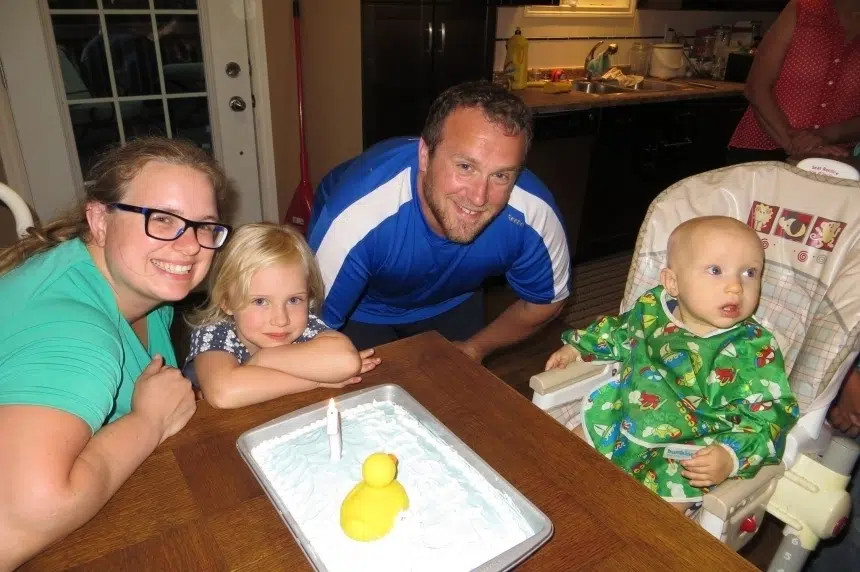
‘There’s a break somewhere’: Van De Vorst family angered after drunk driver transferred to healing lodge
The woman who pleaded guilty to killing the Van De Vorst family while driving drunk is no longer behind bars.
Lou Van De Vorst told 650 CKOM Thursday that Catherine McKay was moved from prison to a healing lodge just one month after beginning her 10-year sentence.
“We’re hurt, we’re angry, we’re upset,” he said. “In the justice system — I don’t know if you can call it the justice system — the victim sort of gets lost.”
McKay pleaded guilty in June 2016 to four counts of impaired driving causing death.


